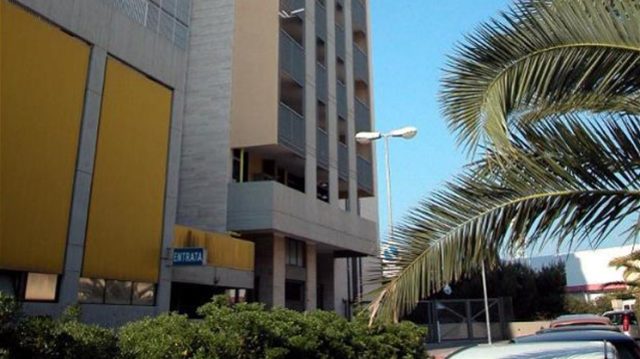- Institution: Agro Food Microbial Culture Collection
- Acronym: ITEM
- Location:
Institute of Sciences of Food Production, National Research Council (ISPA-CNR)Via G. Amendola 122/O
70126 Bari
ITALY - Website: http://www.ispa.cnr.it/Collection
- Correspondent:
Dr. Giancarlo Perrone
Tel.: +39 0805929363
Fax: +39 0805929374
e-mail: item@eccosite.org
Members holdings
Services offered
Safe deposit of cultures
The ITEM offers a confidential safe deposit service for those valuable cultures for which patent protection has not been sought. Cultures will be stored frozen (below -150° C) and/or on agar.
Deposition and preservation of cultures in the public collection.
Cultures can be deposited in the public collection and are available for any third parties
Identification of fungal strains.
The identification service is performed on a confidential basis using morphological and molecular criteria (sequences, specific primers and AFLP profiles, etc.). This services is available only within a research project and must involve at least 10-20 strains.
Research
Research at ISPA related to ITEM Culture Collection
- Research on biodiversity, phylogenetics and population genetic of filamentous fungi, mainly on toxigenic fungi
- Identification of toxigenic fungi and evaluation of mycotoxigenic risks
- Development of new molecular probes to detect microbial contamination
- Development of new diagnostic methods and biomarkers
- Development of new methods to isolate, characterize and quantify metabolites,
- Development of detoxification strategies.
In recent years at ISPA, particular efforts have been made to analyze the etiology, epidemiology and ecophysiology of toxigenic fungi and their ability to produce and accumulate mycotoxin in pre- and post-harvest of the most important crops and agro-food chain, especially in the Mediterranean area.

